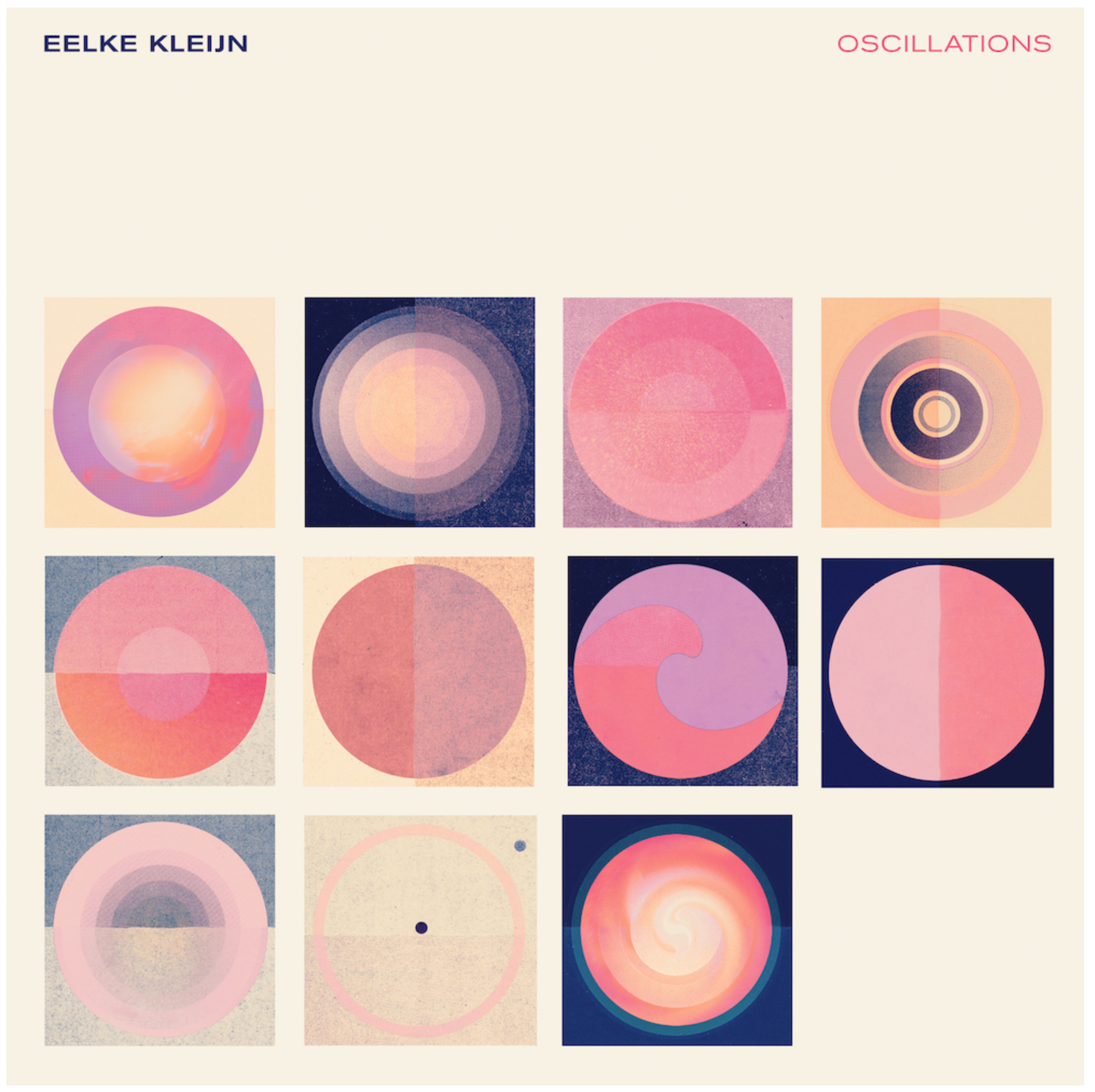The following is an email I wrote to a friend speaking in some depth about what I describe as “the end game.” I will expand upon several aspects of this communication in future posts, but I think sharing the original message here is valuable in itself.
The question you posed – “what is the end-game?” – is one that I have considered for many years. Ironically, you are the second to ask this within a 2-month timeframe (a friend of mine, whose personality is somewhat similar) asked me the very same thing.
I think what I enjoy most in life is the ability to think critically.
The inner struggle that I have been in for as long as I can remember is to “get closer to” sources of complex subject-matter. I think that will pursuit will always be a source of discontent in my life, with varying degrees. At some level, I have learned that this underlying discomfort is normal.
To elaborate, I find myself concerned when things get too “easy” from an intellectual or creative standpoint. In the past, this would equate with abandoning the topic for another. Now, I’ve adjusted my approach in that I will try to stay engaged but do so in a different way. That could be something as simple as getting the work done more efficiently or approaching the topic in a completely different manner. But, at some level, and for certain topics, I feel I am simply pushing the same pieces around on the same board. My goal is to find “boards” that allow for expansion; I have found “design” to be one.
This belief was further reinforced by a quote from Garry Kasparov in his book “Deep Thinking:”
“It’s also a better of opportunity cost. If the focus is too heavily on optimizing, nothing new is created and stagnation can result. It can be too easy to concentrate only on making something better when we might be better served by making something new, something different.”
Two years ago, I went to the GPU Technology Conference in San Jose to explore topics that are beyond my (current?) reach. I went to a talk where the speaker was giving a talk about personal performance. The question I raised in the session was essentially:
“How are some people able to rise to such a level where they are giving talks about complex topics, as discussed in this conference, while others are merely spectators?”
Needless to say, not everyone can be a visionary, but it was a question that I have been thinking about for a very long time. The answer he offered was one in a book called “Deep Work” by Cal Newport.
At the heart of deep work is an intense ability to focus, particularly on challenging subject matter. The book goes into a fair amount of detail in terms of overall strategy and the underlying benefits of “deep work.” Over the past several years (even prior to this talk) I have been steadily working to improve my ability to concentrate and deliver work of increasing quality and depth.
To this point, I recently formulated a deep work “spectrum” to help me understand where I fit within this journey. I have included some early notes about this below.
[Author Note: The details of this spectrum will be discussed in a separate post.]
To bring this email to a close, I fundamentally believe that everyone has untapped potential. As an example, if I look back at my personal training (read: exercise) journey over the past decade, I have made material progress. Surprisingly, I am at a point where I am comfortable with where I am in this space. I could go further on this journey (and likely will), but I have reached a point where I feel I don’t have to.
The difference for me in the intellectual/creative space is that I have not reached a similar juncture. In fact, I feel like I am still far away. Fortunately, I fundamentally believe that the principle of “deep work” is a clear path towards reducing this gap. And while I have made material strides over the past several years, I am really only at the starting line in terms of how deep my concentration ability can go. The benefit of this ability is a greater likelihood of producing new and innovative “work” which is very important to me.
(To be sure, there are other many other (psychological) barriers to realizing “greatness” but I am trying to address those separately, although they play a critical role nevertheless.)

